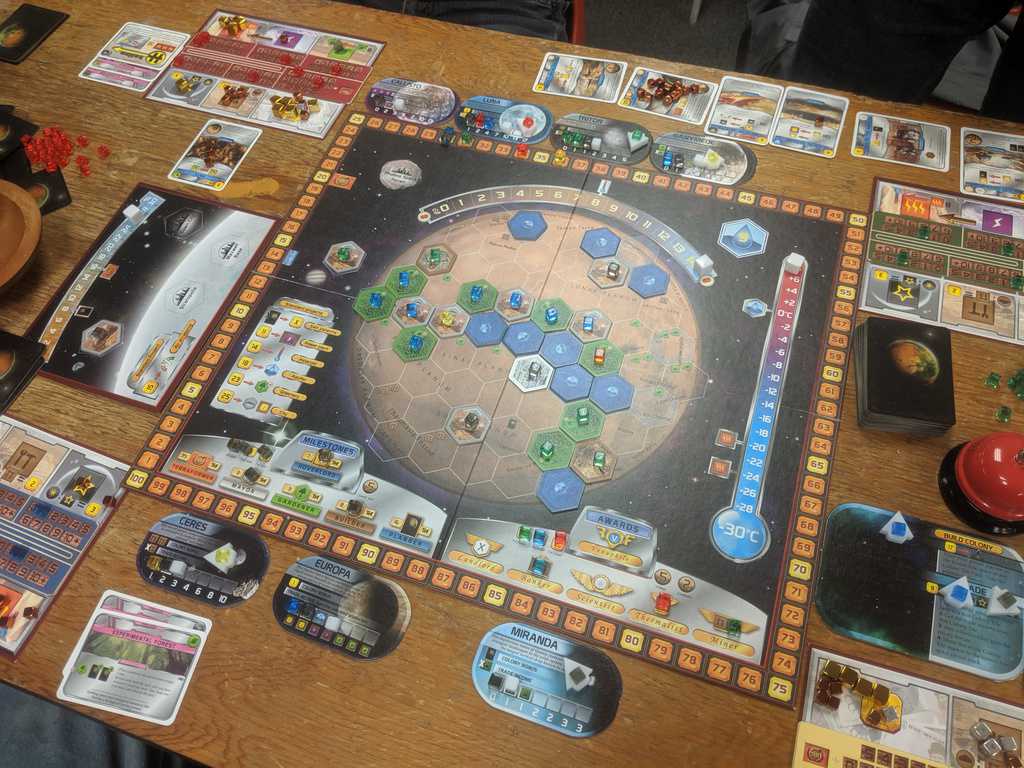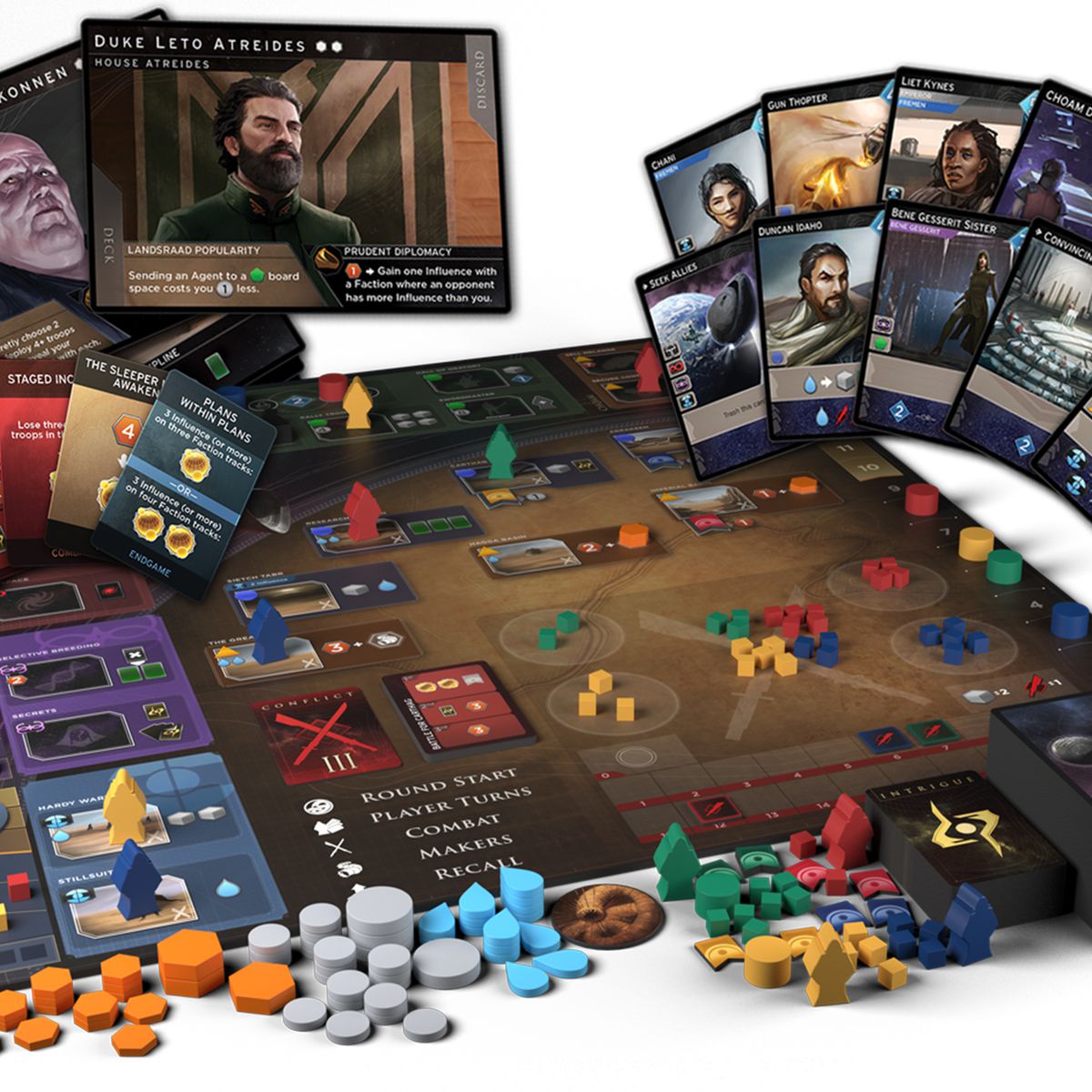
How to Find Great Board Games
Shopping for brand new board games can be a challenge. On the one hand, sticking to the games everyone has already played can be boring, but on the other hand, taking a risk with a newer title could result in you not getting your money’s worth. If you’re worried about the latter, here’s how you can go about consistently finding great board games to buy.

1 – Avoid the newest releases
It’s generally safer to get games that were released at least one year ago, especially if you are price-conscious. Not only will that allow you to get better deals on the games you’re buying, but doing this will help with the next step.

2 – Check reviews
There are many great sources of board game reviews out there. You can check reviews written by buyers on the company’s website and third-party retailers, or you can check written and video reviews put together by professional reviewers. Reviews can not only tell you if the game is good or bad, but also whether or not the game is a good fit for you and your group of friends.
And as mentioned, buying last year’s games helps with this. That year is plenty of time for reviews to accumulate and a game’s overall score to settle. It also gives you a chance to track down long-term reviews and testimonials from owners, which will help you learn how durable the game is in the long term, and whether or not it stays fun past the first few weeks.

3 – Use the right filters
What makes a “great” game is subjective, of course, so you must be filtering out games that are not a good fit for your situation. For example, you probably won’t want a children’s educational game to play with adults. And if your friends don’t have time to deal with massive rule books, it’s probably best to avoid complex tabletop RPGs.
There are also games designed for specific fandom or age groups, which are worth looking into. Boom Again is a good example of this.
Among a sea of other trivia board games, Boom Again sets itself apart by being a game made by boomers for boomers, with over two thousand trivia questions related to the 50s, 60s, and 70s. When played among a group of friends who are all baby boomers, this game can work as an interactive trip memory lane. Take stock of what your group members have in common. Maybe you can find a game that is a great match for you and your friends.

4 – Watch play sessions
There are plenty of content creators dedicated entirely to testing out new board games, so it’s not hard to find recorded play sessions of many of the biggest games in the market.
Sometimes those play sessions are even featured on the website of the company selling the game, and watching one of these is a great way to get a feel for how the game works and how good it is.
If the company’s site doesn’t have any, check streaming sites around the web. You might find recorded play sessions, or even some players enjoying the game live on their streaming channels.

5 – Browse by creator
Another way to find great games is to look into what established game designers and companies in the industry are doing.
While a track record of success does not mean a creator can’t make mistakes on a new game, it is usually safer to bet on creators with a good track record. And if you don’t know any names in the industry, you can start by checking who made the board games you currently own and enjoy.



